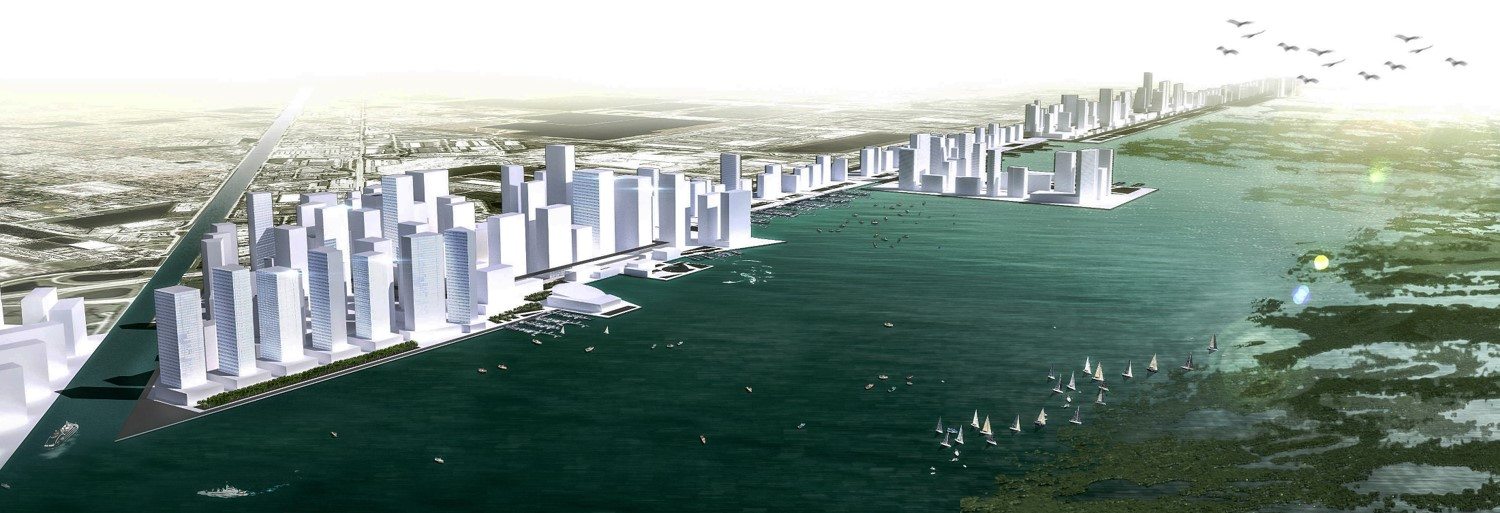
PROGRAM OVERVIEW
The MSAS Concentration in Sustainable Design is a 36-credit nonprofessional graduate degree program that focuses on social, ecological, and environmental issues related to resilient and regenerative planning and urbanism. The Sustainable Design curriculum also examines the role of design, technology, public policy, and environmental practices in developing resilient communities and cities.
The Sustainable Design concentration provides students with the opportunity to engage in specialized investigations that confront twenty-first century environmental, social, and economic challenges. A graduate of the program will understand the positive impact of sustainability policy, and actively engage with development and planning of the built environment, natural systems, and societal issues. The program emphasizes the role of sustainability and regenerative practices on contemporary urban issues and the future of cities.
The program welcomes applications from both research and practice-oriented candidates and prepares students for careers as sustainability experts in design, construction, real estate, and as resilience officers and other sustainability roles in corporate firms, government, academia and not-for-profit organizations.
DEADLINES
Applicants to the Master of Science in Architectural Studies (MSAS) degree programs are reviewed application twice yearly. Please submit all application materials by March 1st to be considered for the fall semester, or by October 1st to be considered for admission in the following spring semester.
We will consider late applications received after these deadlines only on a space-available basis.
LOCATIONS
STUDENT FINANCIAL INFORMATION
Estimated program costs for Master of Science in Architecture Studies / Sustainable Design (MSAS/SD) students are available below for planning purposes. These estimates are calculated for each semester of the program and focus on those costs directly related to the academic program. Students can also reference the estimates provided by the Office of Student Financial Affairs for more general categories, such as housing, food, transportation, etc.
One-time startup expenses are included for those graduate students entering the Core program and who have not studied architecture before. Students are provided with a Student Supply List outlining the equipment and tools needed. Applicable to all graduate students, the UF | SoA Student Computing Requirement Policy outlines the minimum requirements for computer hardware and software needed to successfully complete the degree program. In addition, the SoA provides information on study abroad program costs, which are optional.
Estimated Program Cost for Master of Science in Architecture Studies / Sustainable Design (MSAS/SD)*
| Florida Resident | Non-Florida Resident | |
|---|---|---|
| Start-Up Expenses | | |
| Computer Purchase | $ 1,300 | $ 1,300 |
| Software Purchase – Basic Computing Software | $ 200 | $ 500 |
| Sub-Total | $1,500 | $1,500 |
| Florida Resident | Non-Florida Resident | |
|---|---|---|
| Tuition + Fees | (36 Credits) = $607.29 x 36 = $21,862 | (36 Credits) = $758.29 x 36 = $27,298 |
| Studio Materials + Supplies | $100 | $100 |
| Field trip (Abroad); Exclude Flight (market price); meals (around $500) | $900 | $900 |
| Software Purchase | $200 | $200 |
| Books | 100 (+) | 100 (+) |
| Sub-Total | $23,162 | $28,598 |
* Note that these programs are “self-supporting”. Per Florida Board of Governor Regulation 8.002, the term “self-supporting” describes a budgetary model and does not impact student financial aid eligibility.
PROGRAM CONTACTS
If you have any questions about the MSAS Concentration in Sustainable Design, please email: Nancy Clark, Director Sustainability Degrees, Associate Professor, SoA at nmclark@ufl.edu.